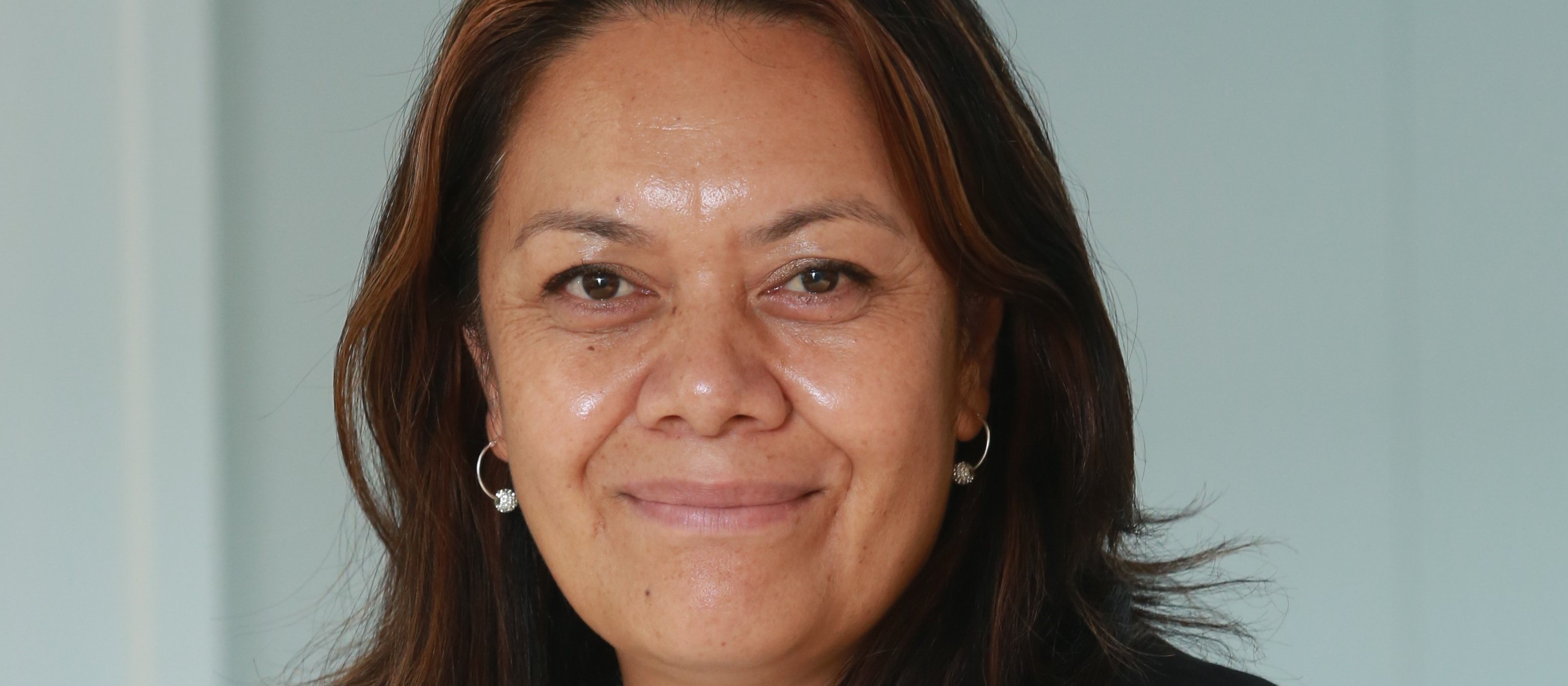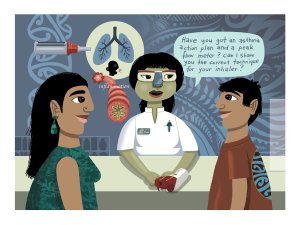Academic pharmacist Nataly Martini discusses the medical management of asthma in adults and adolescents, which has evolved to prioritise early anti-inflammatory treatment. She also explains how to improve patient outcomes by proactively identifying poor asthma control and supporting equitable access to education and treatment
Health NZ denies it's ordered a hiring freeze
Health NZ denies it's ordered a hiring freeze

Health New Zealand denies its guidance to managers to review roles is a hiring freeze, saying it is still recruiting to fill shortages.
The agency has written to health unions outlining guidance it has given to hospitals, including banning double shifts, closing some vacant roles and forcing staff to use leave.
Te Whatu Ora said it was clamping down because it could not go into the new financial year operating in deficit as it currently was.
Its guidance for a review of unfilled roles asks managers to "consider permanent removal of these as part of the budget processes", but chief executive Margie Apa said that was not a hiring freeze.
"Particularly where if you've had roles that have been vacant for [a number of months] and you've been able to function as a service, I think it's reasonable for leaders to check whether they need that role or whether they need the job carried out in the same way that they might've assumed when they thought they needed that role," Apa said.
Health Minister Shane Reti said such decisions were the responsibility of Health NZ, not the government.
In a statement, he said this was not a hiring freeze on doctors or nurses at Health NZ and the guidance would not take resources away from the frontline.
In response, Labour Health spokesperson Ayesha Verrall said that was a "stupid statement".
"I mean it's absolutely proven to be untrue by the fact Te Whatu Ora has sent out a letter saying that some positions will be reviewed and some of them will be cut."
She believed the guidance did suggest it was cuts to frontline roles.
"We still have major gaps in medical roles, particularly medical specialist roles. Those people are hard to recruit, it takes a long time," Verrall told Morning Report.
"And just because they haven't been filled for some time is not a justification for them being removed, in fact sometimes they are needed because a service on that edge of its sustainability."
There was also a lack of transparency on how many jobs this guidance would affect, she said.
"They haven't thought that they may jeopardising the ability to fill those roles by saying we're cutting them or reviewing them and delaying the entire process, and that can have catastrophic impact for small services that are dependent on these specialist skills."
Health New Zealand chief executive Margie Apa told Morning Report they were asking managers to consider this "guidance", not directive, in areas where they were fully staffed and had capacity.
"In those areas where they are looking staffed, and they are meeting their full establishment, it's reasonable, and we've asked leaders to consider how they are staffing.
"So we do and are asking leaders to make sure that they are ensuring people are taking leave and breaks ... and making sure they are returning to some of our previous practices [pre-Covid] of managing staff and rosters."
They expected managers to exercise judgment depending on the service, Apa said.
But Nurses Organisation president Anne Daniels questioned why experienced managers would need to be reminded of their jobs.
"This is about applying pressure to actually cut costs ... we also know that the funding for the health system is only standing, it's still not being funded to actually realise the aspirations of the Pae Ora Act which means prevention rather than cure. So this is not going to help in any way shape or form.
"It is a cut, regardless of how many people protest it isn't. This is absolutely a broken promise."
She did not personally know of any department which was not understaffed, and she believed the guidance would exacerbate problems with patient care too.
While Apa acknowledged there were still gaps in specialised areas like mental health care, emergency departments, and critical care, she said they were still recruiting for those areas and had recruited a net additional 2493 nurses.
For more news from around New Zealand, go to RNZ.





